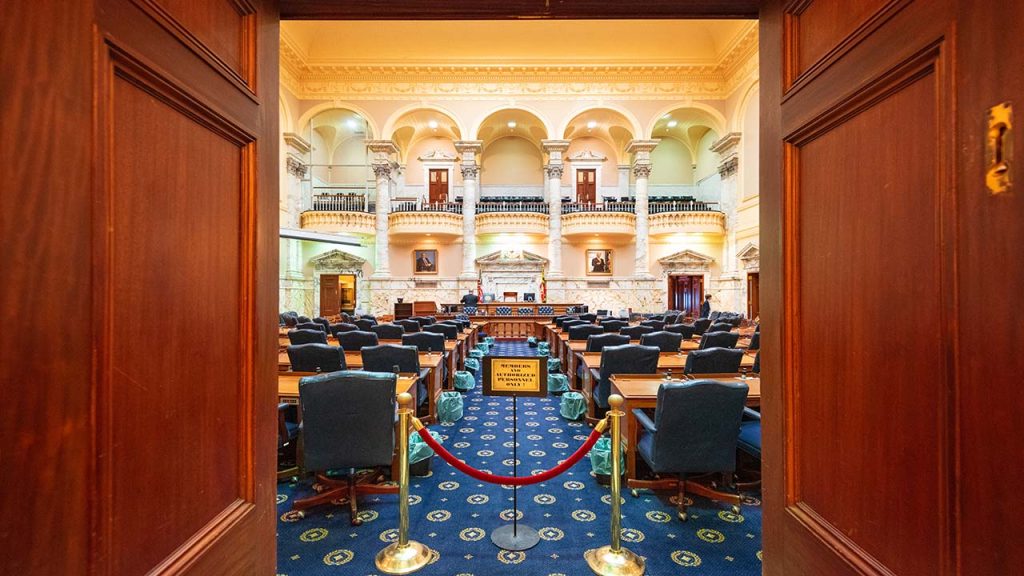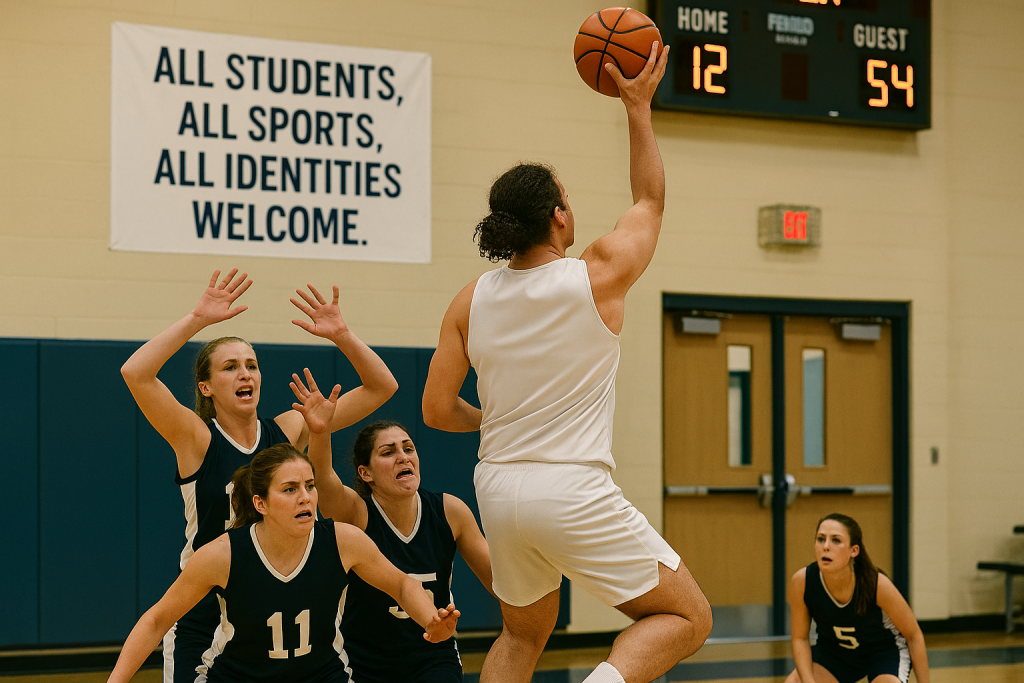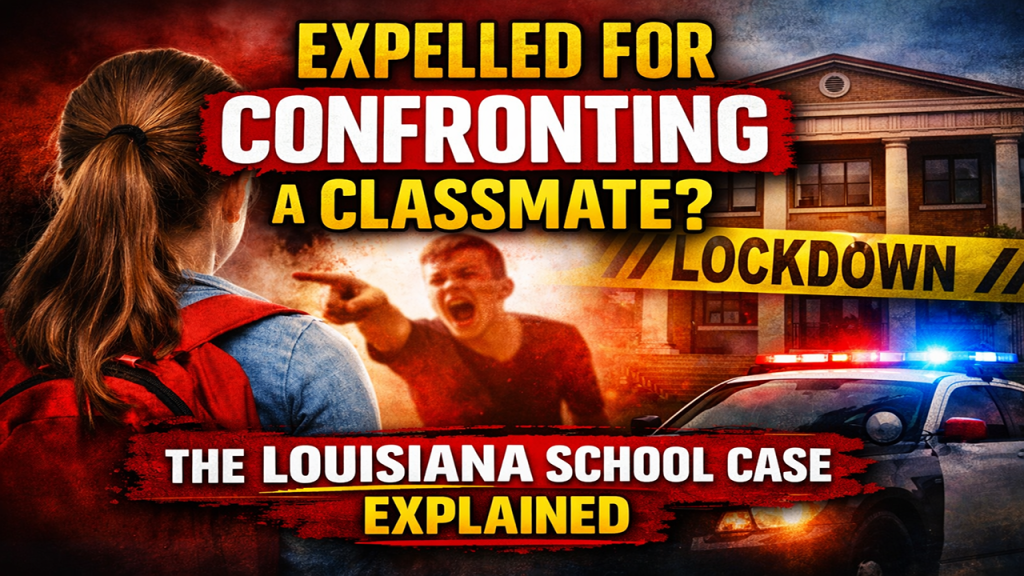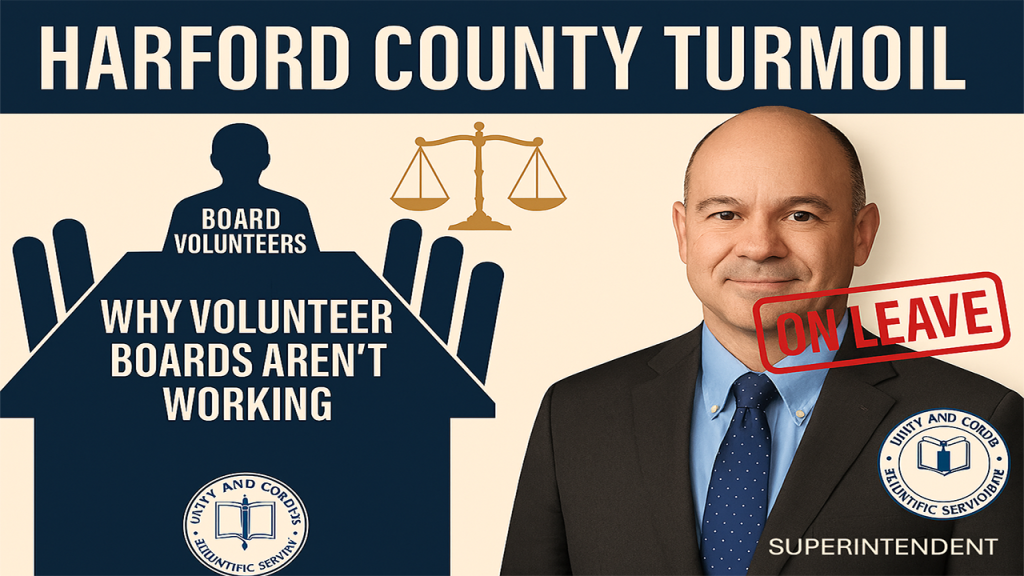

Education or Exclusion: The Battle Over Stricter Student Suspension Laws
Across various states in the USA, a growing concern is the handling of school discipline, which has seen notable changes in recent times. One noteworthy incident involved a ninth-grade student in Kentucky who, after being suspended for making violent threats against fellow students, returned to school as soon as the suspension period ended. This situation led to a community outcry, with parents expressing their dissatisfaction at a local school board meeting and calling for change. Subsequently, Kentucky enacted a new law aimed at facilitating student suspensions and making it more challenging for them to return to school.
In 2014, during the Obama administration, guidelines were issued recommending that school districts use suspension and expulsion as a last resort for severe infractions, highlighting the disproportionate impact on specific student groups. Although these guidelines were rescinded in 2018, many schools continued to explore alternative approaches to suspension and expulsion.
Critics of suspensions and expulsions often point to research suggesting that these punitive measures are applied more frequently to students belonging to certain demographics, such as students of color, those with disabilities, and English learners. They also argue that such disciplinary actions can increase the likelihood of students becoming involved in the criminal justice system.
In the current climate, schools are faced with students who may have struggled with socialization during the pandemic-induced lockdowns, prompting some districts and states to reevaluate their disciplinary strategies. Various factors, including concerns related to school safety and a movement advocating for parental rights, have contributed to shifts in policy in certain regions.
The new Kentucky law, for instance, allows for suspension or expulsion of students for various infractions, including disobedience, the use of inappropriate language, physical assault on peers or staff, making threats of violence, substance use, or property damage. Notably, the law mandates a minimum one-year expulsion for students making violent threats or bringing weapons to school. It also requires disciplinary measures, including possible expulsion, for incidents involving prescription drug distribution or assaults on school property or during school events.
Educational leaders, like a superintendent who testified during a committee hearing, have expressed support for such laws, arguing that they provide administrators with greater flexibility in addressing student discipline, including suspension. Advocates for these measures also endorse alternatives like virtual instruction to monitor disciplined students while ensuring the safety of other students and staff.
However, despite widespread support for these policies, there are voices of concern. Some individuals caution against the potential consequences of expelling students for extended periods, particularly citing the disproportionate impact on certain student groups.
Research conducted by González, of the Center for Racial and Economic Justice highlights the potential detrimental effects of punitive disciplinary approaches, especially on marginalized students. This research suggests that such measures can exacerbate existing social, economic, and health disparities. Additionally, it underscores the risks associated with suspensions, including an increased likelihood of students becoming entangled in the juvenile justice system, with the ninth grade being a critical juncture during their educational journey.
Furthermore, experts argue that suspensions can lead to higher dropout rates, limiting students’ future earning potential and career prospects. They advocate for alternative strategies, such as restorative justice, as more effective means of addressing disruptive behavior.
While some states have opted for stricter disciplinary measures, others have taken different paths. For instance, Nevada repealed a law requiring restorative justice before expulsion, instead implementing more severe penalties for misconduct, including suspensions for students as young as eight years old who bring weapons to school.
In sum, the issue of school discipline remains complex and multifaceted, with significant implications for students, educators, and communities across the nation. Decisions surrounding this topic continue to evolve, shaped by diverse perspectives, research findings, and the ever-changing landscape of education.
Dig Deeper With Our Longreads
Newsletter Sign up to get our best longform features, investigations, and thought-provoking essays, in your inbox every Sunday.
The MEN was founded by John Huber in the fall of 2020. It was founded to provide a platform for expert opinion and commentary on current issues that directly or indirectly affect education. All opinions are valued and accepted providing they are expressed in a professional manner. The Maryland Education Network consists of Blogs, Videos, and other interaction among the K-12 community.









